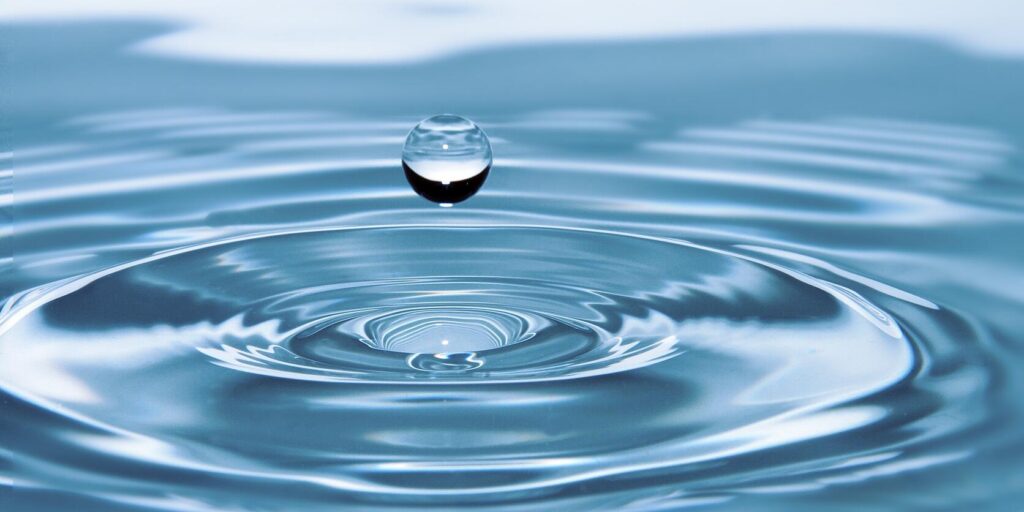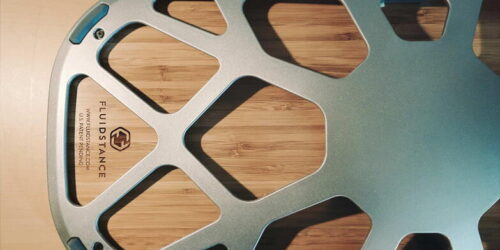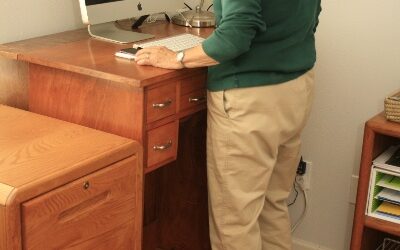5 Ways to Tell You’re Dehydrated

Proper hydration is essential to overall good health and fitness. But it’s not always easy to tell if you’re getting enough water. By paying attention to the signs of low H2O intake, you’ll know when it’s time to take action. There are certain times you’re more likely to be dehydrated, such as during exercise, hot weather, or when you’re sick. And some groups, like children and seniors, may be at particular risk for dehydration. But anyone can become dehydrated, and more often that not it happens just in the course of a normal day at work. Here are some of the main signs to look for.
1. Fatigue
Since your blood is mostly water, lack of water can lead to low blood pressure. This in turn leads to feeling tired and lethargic. If you’re well-rested but still feel fatigued, you may need some hydration.
2. Thirst
Your body often tells you what you need to know. If you’re thirsty, dehydration is likely the reason. Often, people get so caught up in the business of daily life that they can ignore this simple sign.
3. Headache
Many things can cause a headache, and dehydration is certainly one of them. Like fatigue, it can be linked to dropping blood pressure when you lose too much fluid.
4. Decreased or Dark Urine
Urination is one way water is released from your body, so it’s no surprise it can tell you a lot about your hydration levels. Your urine should be light in color. If it is dark, it means you may be mild or severely hydrated. You may also pee less than usual if you’re dehydrated.
5. Dizziness
Dizziness is another dehydration symptom that may link back to low blood pressure. That low blood pressure means your brain gets less oxygen, which can lead to a dizzy feeling.
Ways to Prevent Dehydration
Many people get all the fluids they need by drinking water regularly. There is also plenty of water in fruits and vegetables, so increasing your intake of these healthy foods can help prevent hydration. Here are a few other tips to follow to stay hydrated:
- Drink as soon as you feel thirsty.
- Replace electrolytes through an over-the-counter product or through eating plenty of fruits and veggies.
- Limit caffeinated drinks like soda, coffee ,and tea.
- Make it a habit to drink water — like after every meeting or before every phone call. Having water at your fingertips at work is a great way to keep it top of mind.
- When on the go, carry a water bottle with you and replenish it regularly.
- Staying well hydrated is an easy way to keep on the path to good health.
How do you monitor your fluid intake and dehydration? Comment below or email us at flow@fluidstance.com.






